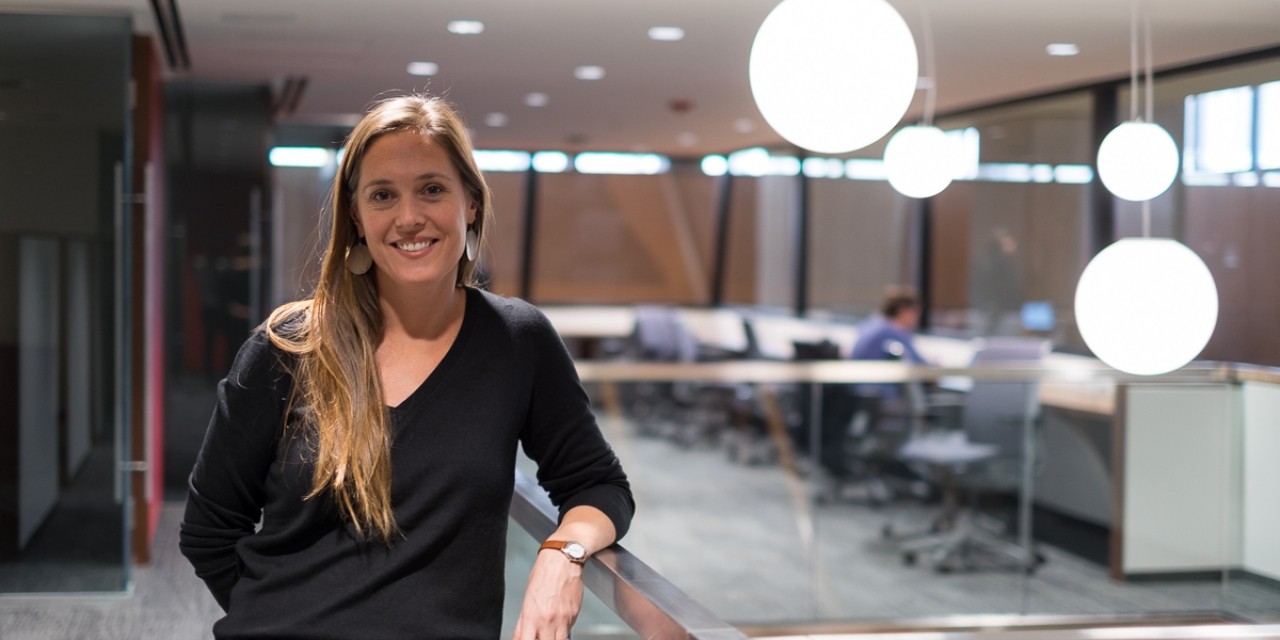Tell us about your writing background.
After receiving my MFA in Nonfiction Writing (School of the Arts, ’09), I served as the assistant director of Columbia’s Writing Center. I left Columbia to work on my first book (We Are As Gods: Back to the Land in the 1970s on the Quest for a New America, PublicAffairs 2016). Since then, I’ve worked as a freelance writer (in print or online for The New Yorker, Rolling Stone, Esquire and The New Republic, among others) and as a writing consultant, including with the GSAS NSF grant workshop. Most recently, I established a new writing center at St. Stephen’s School, in Rome, Italy.
How has your experience prepared you to direct the Studio?
When I committed to becoming a professional writer, I decided that I would take advantage of any strategy I could find to avoid spending hours or days feeling miserably stuck. The techniques I collected—from journalists, biographers, novelists, rhetoricians, and teachers, among many others—proved very effective for me, and I’m eager to share them with Columbia’s dissertation writers!
How do you approach supporting writers?
When I’m working with any writer, at any level of experience, I’m always listening closely to what they want their writing to accomplish. Rather than starting with the draft and assuming I know how to help make it better, my focus is always on helping writers meet their own goals.
What one piece of advice would you give to dissertation writers?
If you’re feeling stuck or frustrated, don’t sit in front of a blank screen and berate yourself—that is a true waste of time. Instead, find gentler, lower-stakes ways to keep your ideas moving forward: talk to a friend; go for a walk and talk to yourself (it’s New York: who will notice?); record a series of voice memos in which you try to explain a complex concept in under a minute; write in longhand on scrap paper for a while; or draw a cartoon that captures a subtle relationship between schools of thought—anything that lets you relax a bit while you keep developing and articulating that next new idea.
What do you like most about the Studio’s physical space?
I love the fact that even though we’re so deep inside Lehman Library, we can still see the sky.
What programming do you have planned for the GSAS Writing Studio?
Now that we have a fantastic new staff of consultants, the Studio will be able to offer more one-day events like our recent Dissertation-Writing Sprint (for which the registration filled up almost instantly) and regularly scheduled dissertation writing groups. We are also planning two four-day Writing Retreats (January 14 to 17, and March 18 to 21); registration for these will open soon. Additionally, we’d like to develop short, focused workshops that could tackle specific writing tasks (for example, developing a prospectus or an abstract) and offer strategies to address common writing needs (for example, reorganizing a chapter for better flow of ideas).
What else should doctoral students to know about the GSAS Writing Studio?
The Studio exists to offer support to dissertation writers, in whatever form that may take. Writing a dissertation is already so demanding—no writer should feel like they don’t have the support they need as they develop their best ideas and present them for a reader. It’s an incredibly exciting resource, and we’re just getting started!

